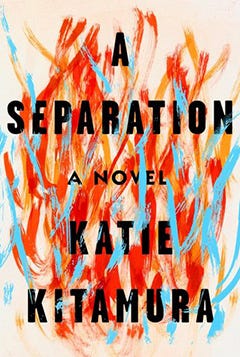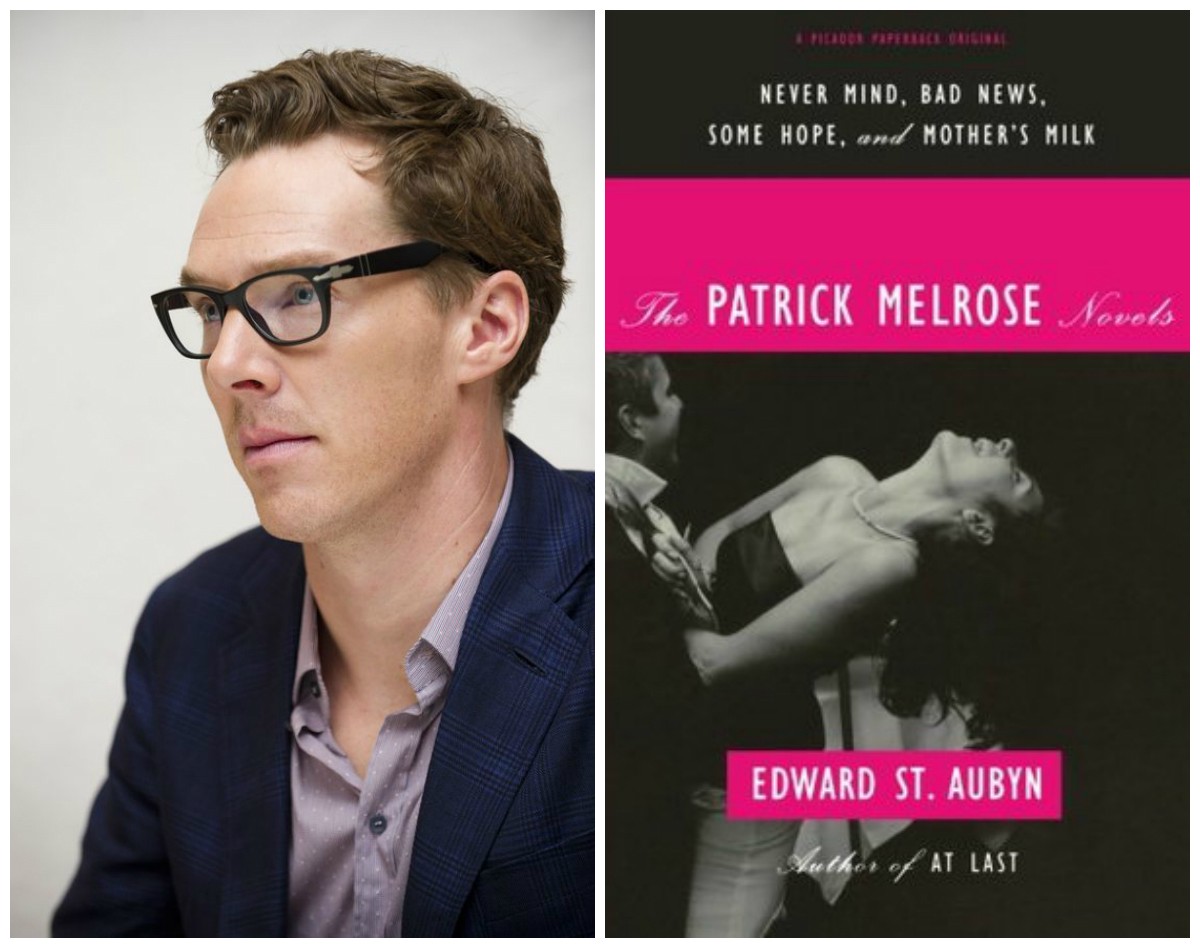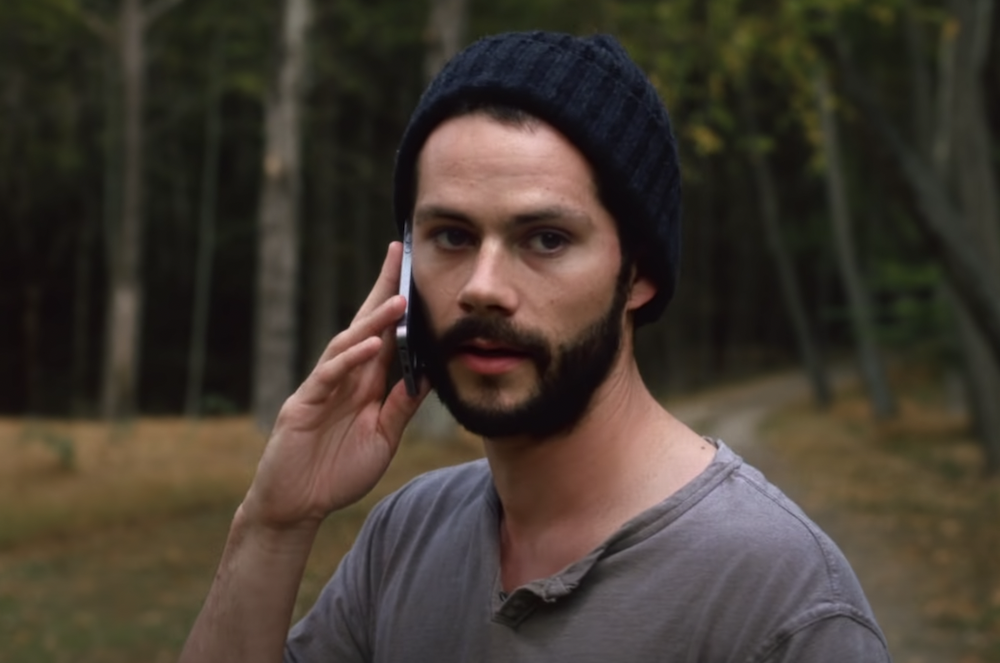Reading Lists
Soundtrack for a Mysterious Separation
A Literary Mixtape from ‘A Separation’ Author Katie Kitamura: professional mourners, the Overlook Hotel and wicked games.

I never listen to music when I write, even purely instrumental music unleashes too many voices in my head.

But I had music in mind while I was writing my most recent novel, perhaps because it’s a novel that relies on atmosphere more than plot. A Separation is about the disappearance of a man and the end of a marriage, but I tend to think of it as a love story. So here are a few love songs that were playing in my head as I was writing the book.
1. I Only Have Eyes For You — The Flamingos
Something about this song — maybe the tempo, leisurely to the point of narcotic — has a touch of darkness to it, an undercurrent of cynicism. Its thick swoon almost feels pointed in its proximity to stupor.
2. Smoke Gets in Your Eyes — The Platters
When I sat down to choose these songs, I thought about focusing on love songs about betrayal. But so many of the best love songs are already about bad faith and disillusionment. Here, the pastel-colored romance of the early verses gives way to stinging humiliation in a perfect lyrical turn.
3. Perfidia — Phyllis Dillon
I love the relentlessly upbeat tone of this song, which is so at odds with the actual lyrics. Dillon adds an inflection of heartbreak into every note she sings, even the ones in a major key. There’s also a version by Xavier Cugat, which Wong Kar-Wai used in Days of Being Wild — as well as In the Mood for Love and 2046.
4. I’m a victim of this song (Wicked Game) — Pipilotti Rist
Artist Pipilotti Rist’s cover of Chris Issak’s Wicked Game is total deranged perfection. She scream-sings her way through the lyrics in a way that has more or less obliterated the original from my memory; it might do the same for you.
5. Midnight, the Stars and You — Al Bowlly and Ray Noble
My novel is set in a hotel in Greece during the off season. This song was used at the end of Stanley Kubrick’s The Shining — the ultimate story set in a hotel during the off season, and also, inter alia, a movie about writing.
I’ve often found that I only really figure out what I’m writing about when I’m done writing. In the case of this particular book, it turned out that I was writing a book that was as much about grief as it was about marriage. In fact, most of the music that is actually referenced in the book is in one way or another about loss. Here are a few:
6. Prologue, Billy Budd — Benjamin Britten
By chance, I went to see a production of Billy Budd at the Brooklyn Academy of Music just as I was starting to write my novel. The opera’s themes of loss and ethical indeterminacy were central to the book I wanted to write, and a direct inspiration. In this unsettling prologue, the character of Captain Vere is wracked with guilt as he recalls his role in the death of Billy Budd.
7. Mirologi-Epirotiko Makedoniko — Elias Karathimos
Professional mourners — women who are paid to issue laments at funerals — feature heavily in my book. Why The Mountains Are Black is a compilation of Greek village music assembled by record collector and curator Christopher King. It provides the musical context for the phenomenon of the professional mourner. This particular track is a Macedonian mirologi, an instrumental version of one of these ancient laments.
8. Defixiones, Will and Testament — Diamanda Galás
Galas draws from this tradition of laments, as well as many others, to create her own tornado of grief — as in Defixiones, Will and Testament, a memorial to the victims of the Armenian genocide. The effect is majestic, unsettling, the work of a musical shaman and a virtuoso.
About the Author

Katie Kitamura is the author of the new novel, A Separation (Riverhead, 2017). Her previous novels are Gone to the Forest and The Longshot, both of which were finalists for the New York Public Library’s Young Lions Fiction Award. Kitamura has written for The New York Times, The Guardian, Granta, BOMB, Triple Canopy, and is a regular contributor to Frieze.









